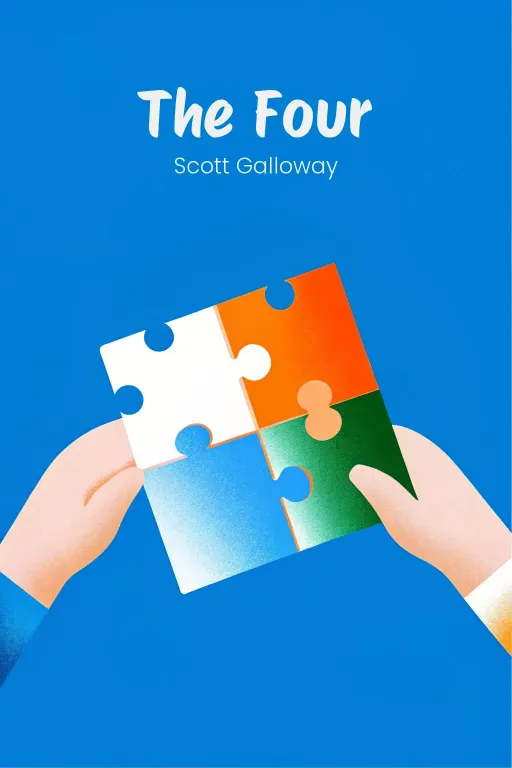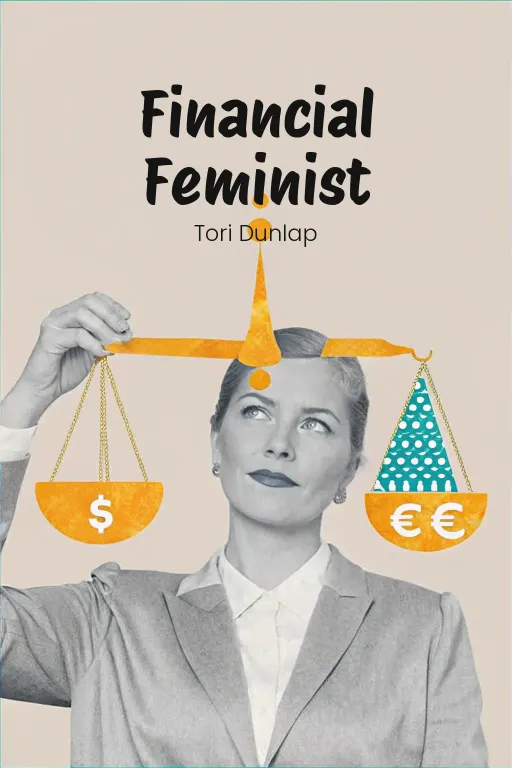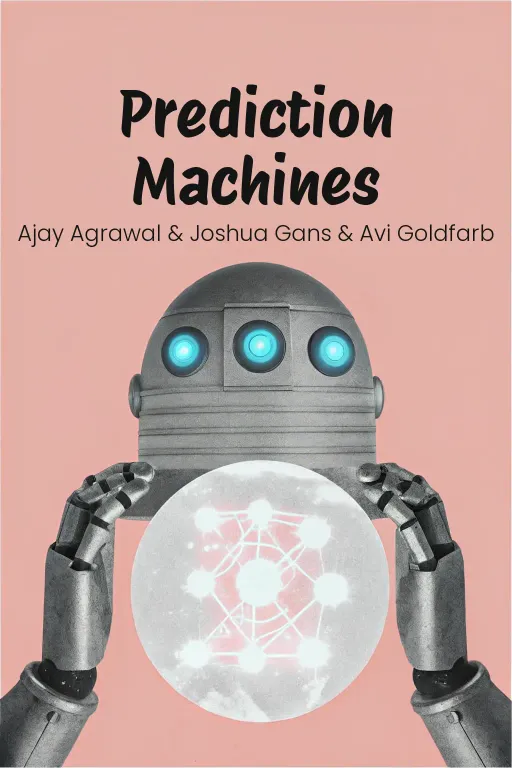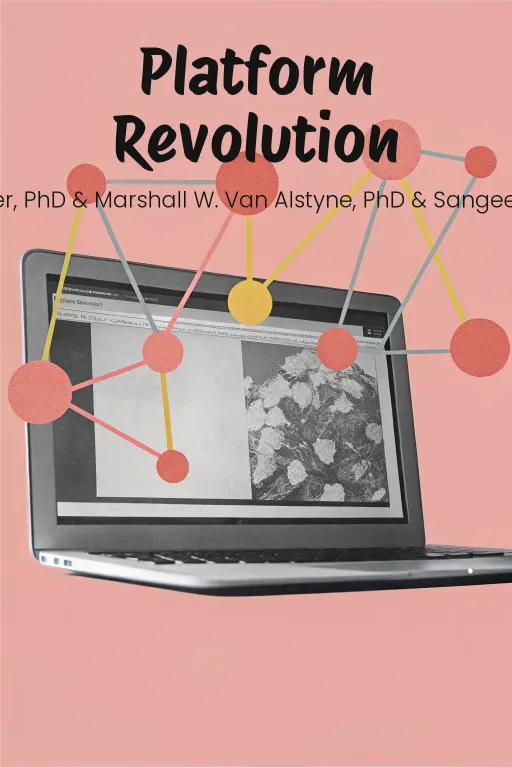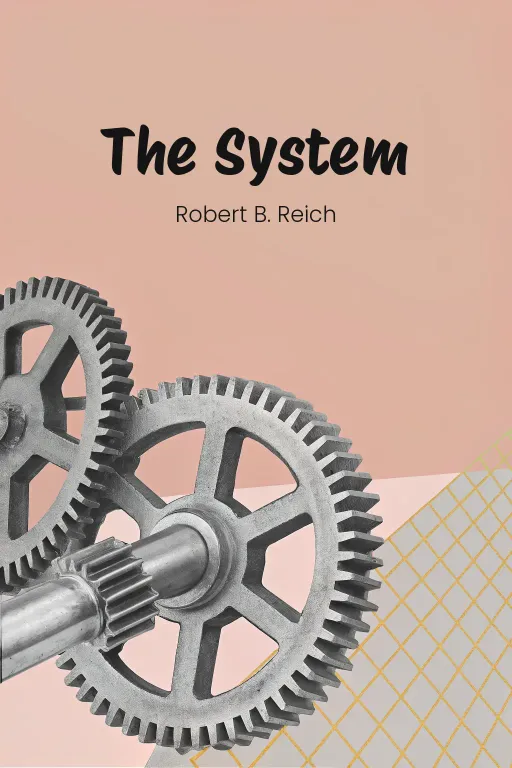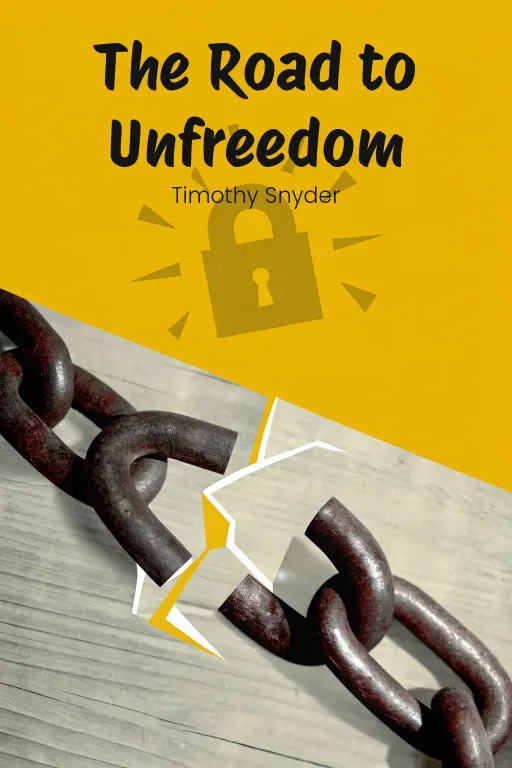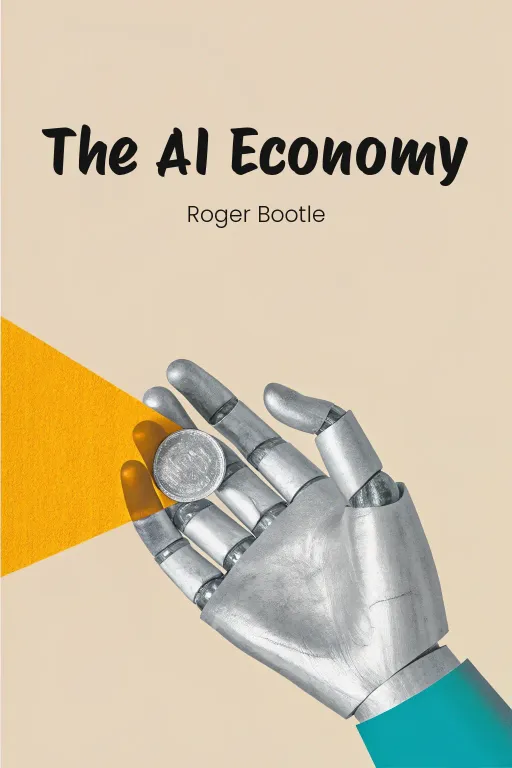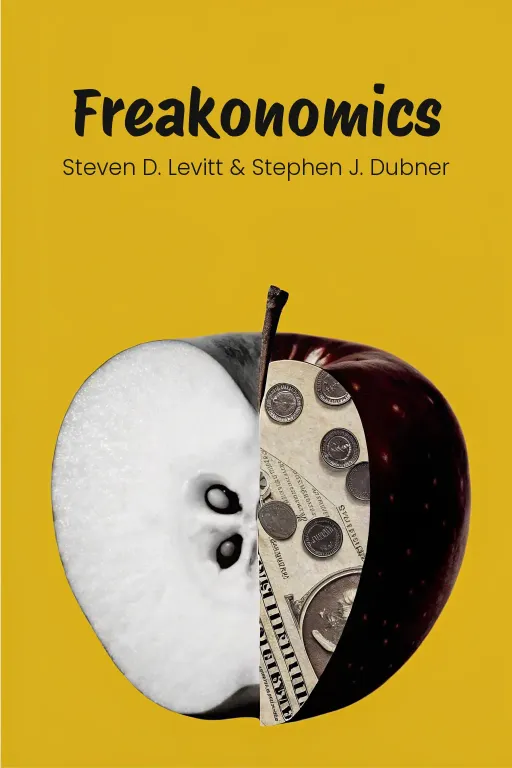
Freakonomics
Economics
Steven D. Levitt
Freakonomics: A Rogue Economist Explores the Hidden Side of Everything by Steven D. Levitt and Stephen J. Dubner unearths the intricate interplay between human behavior and the underlying economic principles that govern our lives. In their exploratory narrative, the authors challenge long-established beliefs and illuminate the profound yet often overlooked incentives that shape our decisions—be it in education, crime, parenting, or the market dynamics of the illicit drug trade. With a unique blend of storytelling and data analysis, Levitt and Dubner compel readers to reconsider the familiar and often simplistic explanations that surround complex societal issues, revealing, quite unexpectedly, the intertwined nature of the fabric that constitutes human behavior.
Central Premise: Economics as an Illuminating Lens
At its core, Freakonomics is a treatise advocating the application of economic reasoning as a lens through which to understand everyday life. This perspective revolutionizes traditional interpretations of morality and societal norms by contrasting how individuals wish the world to operate against how it actually functions. Levitt and Dubner assert that while morality frames our aspirations, economics lays bare the harsh realities of incentives and consequences that govern behavior. The authors approach their discourse with a noteworthy audacity, probing incisively into the nuances of human nature, encapsulating their inquiries within data-driven narratives that whet the reader’s appetite for cerebral engagement.
Through an array of compelling case studies, they deftly connect seemingly disparate phenomena such as cheating in education, the intricacies of the drug trade, and the quirks of online dating. For instance, one chapter draws a fascinating parallel between schoolteachers and sumo wrestlers, elucidating how incentive structures can corrupt the integrity of both professions when compounded with external pressures and the stakes of personal survival. This peculiar juxtaposition exemplifies the authors’ overarching thesis—that the hidden side of all things, fueled by incentives and information asymmetry, reveals truths that challenge our most basic understandings.
Unpacking Cheating and Human Incentives
Levitt and Dubner delve into the oft-painted landscape of education, highlighting high-stakes testing within the Chicago Public Schools (CPS) as a poignant example of how well-intentioned policies can lead to ethical degradation. By mandating standardized testing as a measure of accountability, the government unintentionally cultivated an environment rife with incentives for educators to cheat—altering student test scores to protect their careers and reputations. Utilizing advanced statistical methods, the authors uncovered troubling patterns that revealed significant cheating across more than 200 classrooms annually. This corruption not only distorted the educational ethos but left many students ill-prepared for future academic challenges, thereby illustrating the profound consequences of altering incentive structures.
Drawing a parallel, the authors examine the world of sumo wrestling, where wrestlers who occupy the lower ranks face immense pressure to win matches—sometimes leading them to engage in match-fixing. The analogies crafted through this examination illuminate the common thread of moral compromise that emerges in high-stakes environments, such as those parallel to the educational setting ravaged by standardized testing.
The Underpinnings of Economic Structures
In exploring the chapter concerning the Ku Klux Klan, Levitt and Dubner showcase how information asymmetry bolstered the organization’s power through secrecy and fear. Stetson Kennedy’s infiltration of the Klan revealed that the Klan thrived not solely on violence but upon the control of information that left outsiders, including its own members, vulnerable to coercion and manipulation. As information was revealed through Kennedy’s efforts, the very foundation of the Klan’s power began to falter—shedding light on its malignancy and dismantling its once-intimidating façade. This critical narrative serves to underscore a vital lesson in the significance of transparency and the democratization of information in challenging oppressive structures.
This theme is further echoed in the realm of real estate, where the authors highlight the manipulation present within the agent-client relationship established by information asymmetry. Real estate agents, motivated by the profit from commissions, often prioritize their interests over those of their clients. A striking disparity was found between the sale prices of agents' properties as compared to those of their clients, revealing an ethical quandary inherent in the market dynamics. As clients seek the guidance of agents, many find their interests compromised, underscoring the moral responsibilities entwined within economic incentives.
Crime Dynamics and Societal Trends
Among the more provocative discussions lies the abortion-crime hypothesis, positing that legalized abortion significantly contributed to the decline in crime rates two decades later. This contentious theory hinges on the premise that the legalization of abortion led to a reduction in unwanted births, which subsequently impacted the demographic profile of potential criminals. With empirical data supporting correlations between high abortion rates and dips in crime, discussions centered on this hypothesis elicited polarized reactions. Critics vehemently equated the argument with moral complexities that transcended statistical discourse, further complicating an already charged social issue. This intersection of public policy, individual choice, and the byproducts of societal welfare calls for a nuanced reflection of how policy decisions resonate far beyond immediate outcomes, striking deeply into the fabric of future generational behavior.
Parenting, Success, and the Weight of Names
A particularly revealing analysis arises in the authors' exploration of parenting and its impact on children's long-term success. Through the examination of diverse factors including parental education and socio-economic status, Levitt and Dubner validate empirical data that suggests mere parental intentions and actions do not dictate outcomes nearly as strongly as the inherent attributes they embody. Parental education emerges as a formidable predictor, challenging common notions surrounding traditional parenting practices.
Furthermore, the exploration of how names influence socioeconomic outcomes uncovers another dimension of bias with profound societal implications. As the authors share vivid anecdotal evidence of individuals caught in the web of their names’ societal perceptions—such as the fates of Winner and Loser Lane—the reader is confronted with the insight that a name can carry implications that affect one’s self-identity and socio-economic mobility. This intertwining of identity and perception is emblematic of deeper societal frameworks concerning aspirations and prejudices.
The Drug Economy and Informal Structures
In an examination of the economically structured world of drug dealing, Levitt and Dubner reveal an organized hierarchical dynamic that mirrors bureaucratic enterprises. Using ethnographic research on Chicago's Black Disciples gang, the authors highlight an unsettling reality where risks are abound, but financial rewards disproportionately favor those at the top of the hierarchy. Such dynamics reflect broader economic inequities that, coupled with lack of opportunity in impoverished neighborhoods, push young individuals toward illicit avenues as a misguided means of survival.
Conclusion: The Enduring Relevance of Economic Inquiry
Ultimately, Freakonomics serves as a clarion call to reevaluate the myriad factors animating human interactions, urging readers to approach societal dilemmas with a rigorous economic lens. The authors imbue their discourse with an overarching sense of responsibility for understanding the incentives that shape our lives, imploring us to engage critically rather than passively accept prevailing narratives.
Throughout Freakonomics, Levitt and Dubner empower readers to grapple with complexities lying beneath the surface of everyday life, advocating a curious spirit that interrogates the structures of morality, choice, and consequence. By illuminating the hidden connections that govern human behavior, they not only challenge us to rethink conventional wisdom but also inspire a more sophisticated dialogue around societal issues—indeed fostering an enriched understanding of the human experience interwoven with the forces of economic theory.


